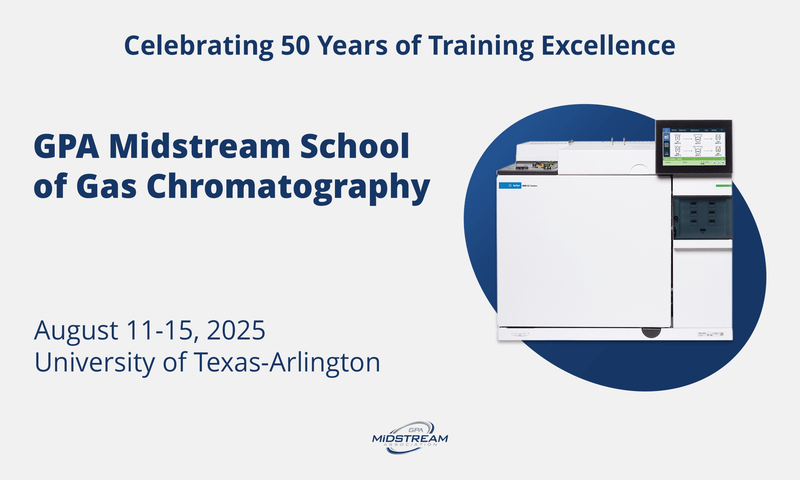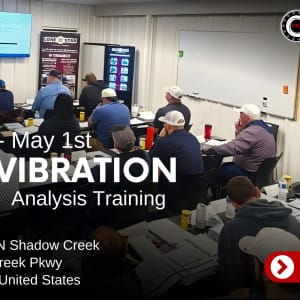
Training: GPA Midstream School of Gas Chromatography
This Article is brought to you by: Glex, Inc Leaders in stainless steel pipe fabrication.
GPA Midstream’s Analysis, Test Methods & Products Specifications Committee manages, directs and conducts the acclaimed GPA Midstream School of Gas Chromatography.
The training lasts one week with class from 8 a.m. to 5 p.m. Monday through Thursday, and Friday from 8 a.m. to noon.
What We Teach
The school covers basic gas and gas-liquid chromatography with an introduction to extended analysis. This is a hands-on curriculum for chromatograph operators, measurement technicians and engineers involved with chromatography. The training consists of lectures, demonstrations and chromatograph operation with emphasis on machine demonstration and operation. Natural gas and natural gas liquid samples will be analyzed.
The five primary purposes:
- To teach GPA Midstream chromatography procedures and calculation methods to industry technicians and chemists with hands-on instruction
- To demonstrate that accurate and reproducible results can be obtained by chromatographic analysis
- To provide related auxiliary information on fundamental chemistry, gas and liquid sampling, reference standard blends, safety practices related to pressurized cylinders, GC system components and operation, calculations, economics of extended analysis, portable chromatographs and contaminants in natural gas liquids
- To provide limited troubleshooting of gas chromatography software/operation
- To provide a laboratory demonstration of non-linearity
Lecture topics include:
- Characteristics and Calibration of Detectors Used in Gas Chromatography
- Column Technology and Types of Columns Used in Gas Chromatography
- Computing Integrators and Gas Analysis
- Fundamentals of Natural Gas Chemistry
- Gas Calculation Procedures
- Introduction to Gas Chromatography Application
- Liquid Calculation Procedures
- Condensate Analysis
- Obtaining Natural Gas Samples and Laboratory Handling
- Physical Constants of Paraffin Hydrocarbons as Used in Gas Calculations
- Quality Control and Quality Assurance in Natural Gas Laboratories
- Reference Standard Blends
- Resolving BTU Differences
- Safety Practices for Handling Hydrocarbons in Cylinders
- Selection, Operation and Maintenance of Micro (Portable) Chromatographs
- Sulfurs, Olefins and Other Contaminants in Natural Gas and Natural Gas Liquids
Demonstrations:
- Equipment (Various)
- Known Gas & Liquid
- Unknown Gas & Liquid
- Linearity
Accommodations
Hilton Arlington
2401 East Lamar Boulevard
Arlington, Texas 76006-7503




Recent Comments